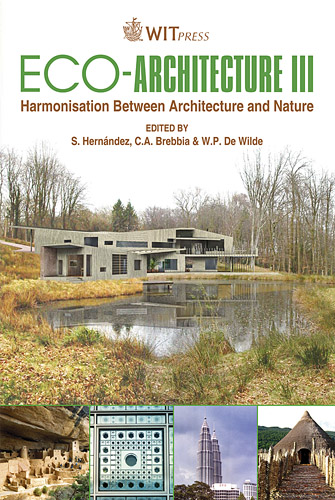Sustainable Buildings In Austria – Performance Indicators And Implications On The Construction Industry
Price
Free (open access)
Transaction
Volume
128
Pages
12
Page Range
539 - 550
Published
2010
Size
618 kb
Paper DOI
10.2495/ARC100461
Copyright
WIT Press
Author(s)
S. Geissler & C. Spitzbart
Abstract
Energy consumption in the building sector accounts for more than one-third of energy consumption in Austria. Heating energy consumption has been decreasing due to defined heating energy indicators required by subsidy schemes, and since 2009 also by the revised building codes, as required by the EPBD. However, electricity consumption has been rising due to increasing cooling needs, in non-residential buildings as well as in residential buildings. Therefore, emphasis is not only necessary to reduce heating energy use, but also on encouraging sustainable methods of ensuring summer comfort, for example through facilitating integrated design. This brings architects and energy engineers together in the early planning stage to limit overheating in summer by architectural design, passive measures, and solar cooling. To promote this development, the Austrian klima:aktiv building standard has been developed. The standard sets requirements to be met for heating and cooling needs, user comfort, ecological construction materials, and material use. Buildings meeting all the requirements are awarded the klima:aktiv label, and in addition they meet the basic requirements to achieve the even more ambitious building certificate according to TQB (the Austrian national sustainable building certification scheme). The combined step-wise model was chosen to lower the barriers for companies to become familiar with environmentally conscious construction. This contribution provides an overview of the Austrian building sector and the policy instruments applied to decrease energy consumption for heating and cooling. It points out the implications on the construction sector by describing case study buildings with excellent environmental performance. Keywords: green building assessment, sustainable building, climate change.
Keywords
green building assessment, sustainable building, climate change





